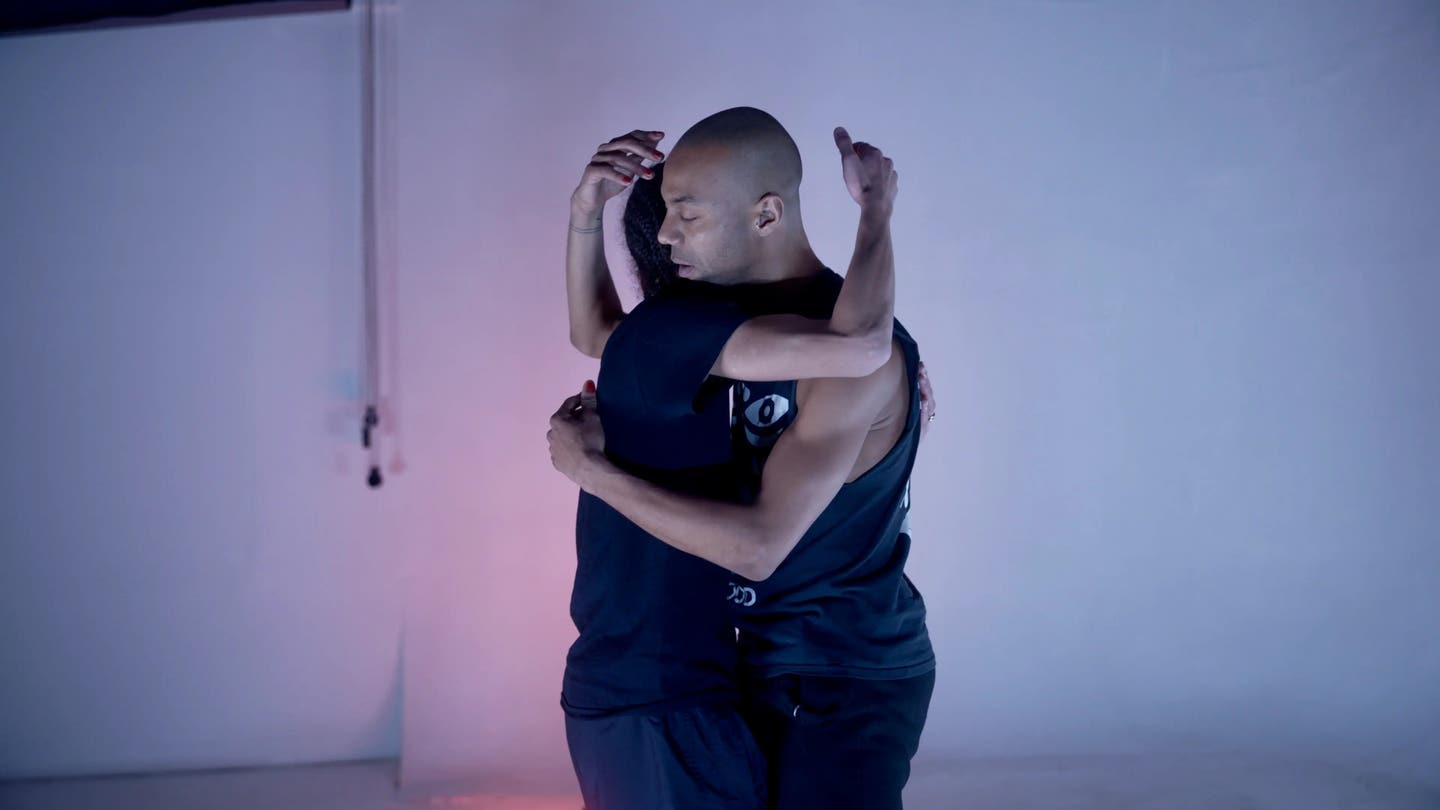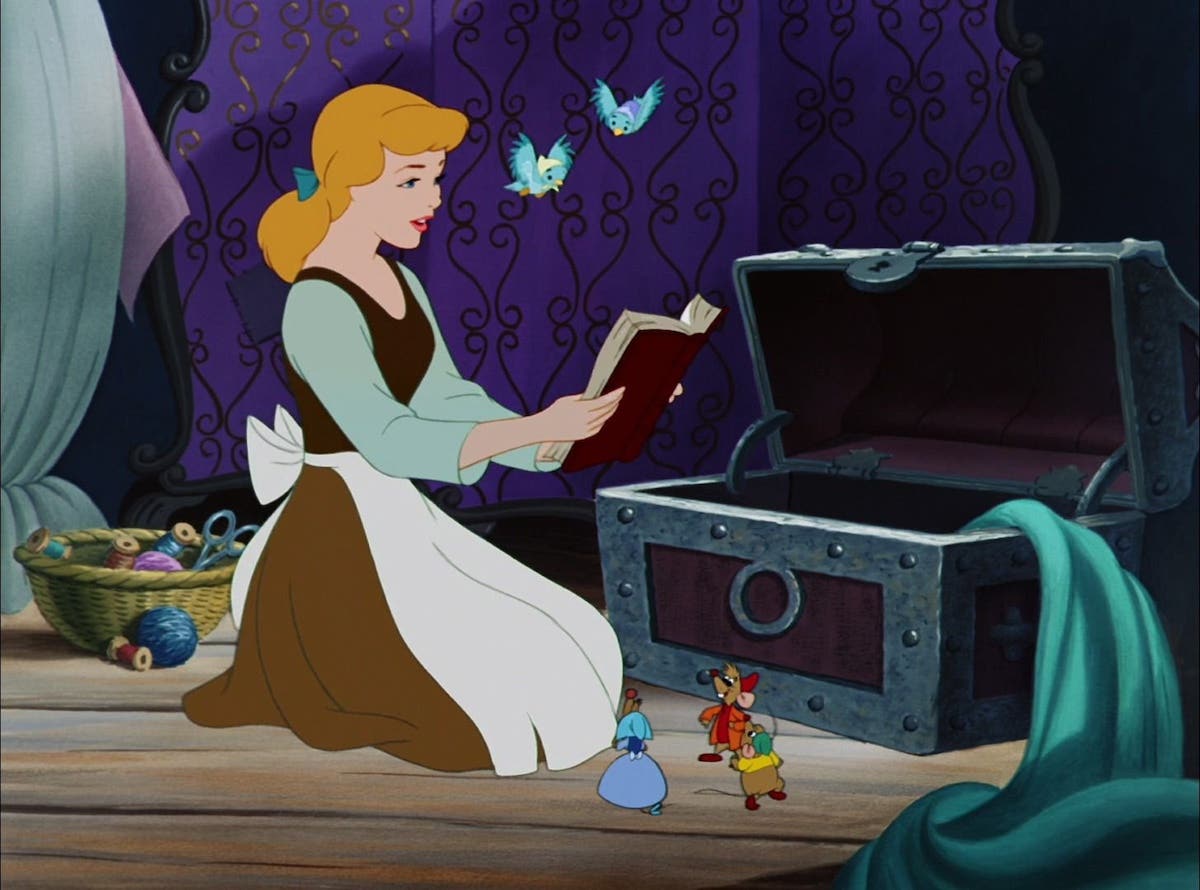Alt Script: Screenwriting Careers – How Many Of Your Scripts Will Be Made This Year?
By Clive Davies-Frayne If you ask any screenwriter how many of their scripts will go into production this year, the answer will usually be the same “I don’t know.” I…
By Clive Davies-Frayne
If you ask any screenwriter how many of their scripts will go into production this year, the answer will usually be the same “I don’t know.”
I was expecting two of mine to be in production before the end of this year, and it’s now obvious that neither of them will be made until next year. With one of them, it’s because the investor can’t free up the money until Spring 2014, and with the other, well, the producer is dragging his heels. What this means, in real terms, is despite the fact that I’ve got two different producers wanting to make two of my projects, I won’t have a film in production again this year… and, if I am objective about it, there is no reason for me to believe that 2014 will be any different. I don’t mean to be pessimistic, but all it would take would be for the investor to have some bad luck in their other business, and for my other producer to get caught up in a different project. If that happens, 2014 could look pretty lean as well.
This is the reality of spec screenwriting, even when everything is going well, it can all disappear in a heartbeat. I happen to think it’s important for screenwriters to understand that in the spec script market, getting into production isn’t guaranteed, even after a successful pitch. And, that there will always be forces at work beyond your control. If my career proves anything, it is that it is possible to attach producers and talent to new projects every year, to have investors lined up every year, and still have produced nothing major in ten years.
This article is about how to change this. It’s about making a mental paradigm shift and understanding that far from being at the mercy of fate and market forces, we can actually make an active decision about how many of our projects go into production in any year.
The first, and most important, thing to understand, is that there are two ways to make a movie. The first is to write a speculative script and then hunt down the resources to make it. The second way is to write a film you can make with the resources you have. This may sound fairly obvious, but it really isn’t. The truth of the matter is, that 99.999 percent of the scripts written will need some form of external investment to get into production. I’m not just talking about the middle to large production companies. I’m talking about every independent filmmaker who is currently running a Kickstarter campaign, or trying to rustle up $5,000 in their local community. And, the truth of the matter is, the second you decide to put your production’s fate in the hands of potential investors, you remove your ability to guarantee your film will be made.
So, what is the alternative?
Actually, it’s mind-numbingly simple. The alternative is to start the script writing process by looking realistically at the production resources you have. You then write within the limits of your resources. This is where most writers struggle. They struggle because they’ve spent years trying to hone their character arcs, their formatting skills, character development, storytelling, visual storytelling, their understanding of genre, how to pitch, the synopsis, the treatment, the show bible, networking… and, all the other things we’re told will make a difference to our performance in the spec market. This is all good and important stuff. However, most writers put almost no effort at all into understanding how to make a film with the resources they have. One of the reasons for this is because writers don’t know where to start with this kind of filmmaking. In fact, most writers don’t even understand what resources they have. Ironically, the same is true of most independent filmmakers. They are often so obsessed with acquiring the latest, “game changing” camera or the latest “game changing” piece of software, they discount what they already have in front of them. One of the first questions I ask myself, when I look at some guys pitching a film on Kickstarter is, “I wonder if they could have made that film without this investment?” My guess is that in most cases, they probably could.
So, where does a writer with no production experience start on this journey. Is it possible for a writer who doesn’t own an expensive camcorder, or the skills to use it, to make a film? The answer is yes. Let me give you a couple of ideas to get you started in this process:
For less than $30 you can buy a piece of software that will animate a face, from a photo or a drawing, to any voice you put into it as an audio file. What this means is that any writer with a laptop, some photos, and some friends to do the voices, can make a film. Of course there are limitations. Your film will be a bunch of talking heads. So, maybe this is a good tool for making a short film. Or, maybe this is a good tool for honing your dialogue skills. What kind of stories can you tell if the only tool you have is the dialogue? The important thing about this approach is it is mind-numbingly cheap, it’s easy to use, and it means you could make a film this week, this month… and whenever you wanted to.
- Webcams and Smartphones
If you are a writer, you have a laptop. If you have a laptop, you have a webcam. I’m guessing that if you have a laptop and a webcam, you also have a smart phone capable of recording video. If you throw a basic piece of video editing software into the mix, something like iMovie (on the Mac) or Microsoft Movie Maker (PC), and you have a set of easy to use tools, that anyone can learn to use. The question then becomes, “what kind of stories can you tell with these tools?”
- Other People
Resources aren’t just things you buy. In your community, amongst your friends, there are people with better cameras, better sound recording equipment, better editing skills. When you start thinking about resources, other people who you could work with can be a genuine game changer. You can look at serious projects, if you have the right motivated friends.
In this day and age, pretty much everyone either does own, or should own some basic video editing software. I happen to believe that to be a decent screenwriter, you should know how to edit video. Part of my thinking about this is, if you understand how shots are cut together to tell a story, you’ll be better able to write your scripts based on that knowledge. One of the best things I’ve ever done as a writer is to learn how to edit video. In fact, last month I downloaded some public domain footage for free, I cut it into a short. Last week, that short was shown in a local film festival. No script, no writing. Just an idea, some found footage and the ability to cut it up. The whole process from idea to completion was less than 24 hours.
I know that a lot of writers will discount these kinds of approaches to filmmaking, because they appear to be so simplistic and so uncommercial. After all, it’s more fun to write big movie ideas, that will require hundreds of thousands of dollars to make. It’s much more glamorous to write the big thriller, the big action script, than it is to write something you can make using webcams and smartphones. I can relate to that. Most years, for the past ten years, I have had my creative life sidetracked by projects that seemed to have career breakthrough potential, but which all fell at one of the many hurdles between script and distribution.
What’s import to understand is this. The only person who decides how many projects you have in production this year will be you. If you’re happy to only chase the spec script market and happy to say “I don’t know” when people ask ,“How many of your films will be in production this year?” Then carry on doing what you’re doing. If, on the other hand, you want to take control of some small part of your creative life, put at least some of your creative energy into looking at what resources you really have, and start at least writing one film this year that you know you can complete with what you have.
Watch ScriptMag Editor Share Her Advice on Facing Your Writing Fears
Jeanne Veillette Bowerman shares her personal story of facing her fears in order to propel her writing and her career. Click on the image below to watch Jeanne's advice.
Related Articles:
- More Alt Script articles by Clive Davies-Frayne
- Indievelopment: Who's On Your Team - Support Indie Filmmakers Need
- Write, Direct, Repeat: Film Festivals and the Short Film, Part 2
Tools to Help:
Clive Frayne is a writer with over thirty years experience in broadcast media. After a very successful career running professional writing teams in the radio industry he decided to move into screenwriting. Since then he has written and directed two feature films and half a dozen award-winning short films, and authored the book The Process of Screenwriting. These days he splits his work between writing, script editing and teaching screenwriting. He is a passionate advocate of two things, process-driven screenwriting and independent filmmaking. Follow Clive on Twitter @clivefrayne







